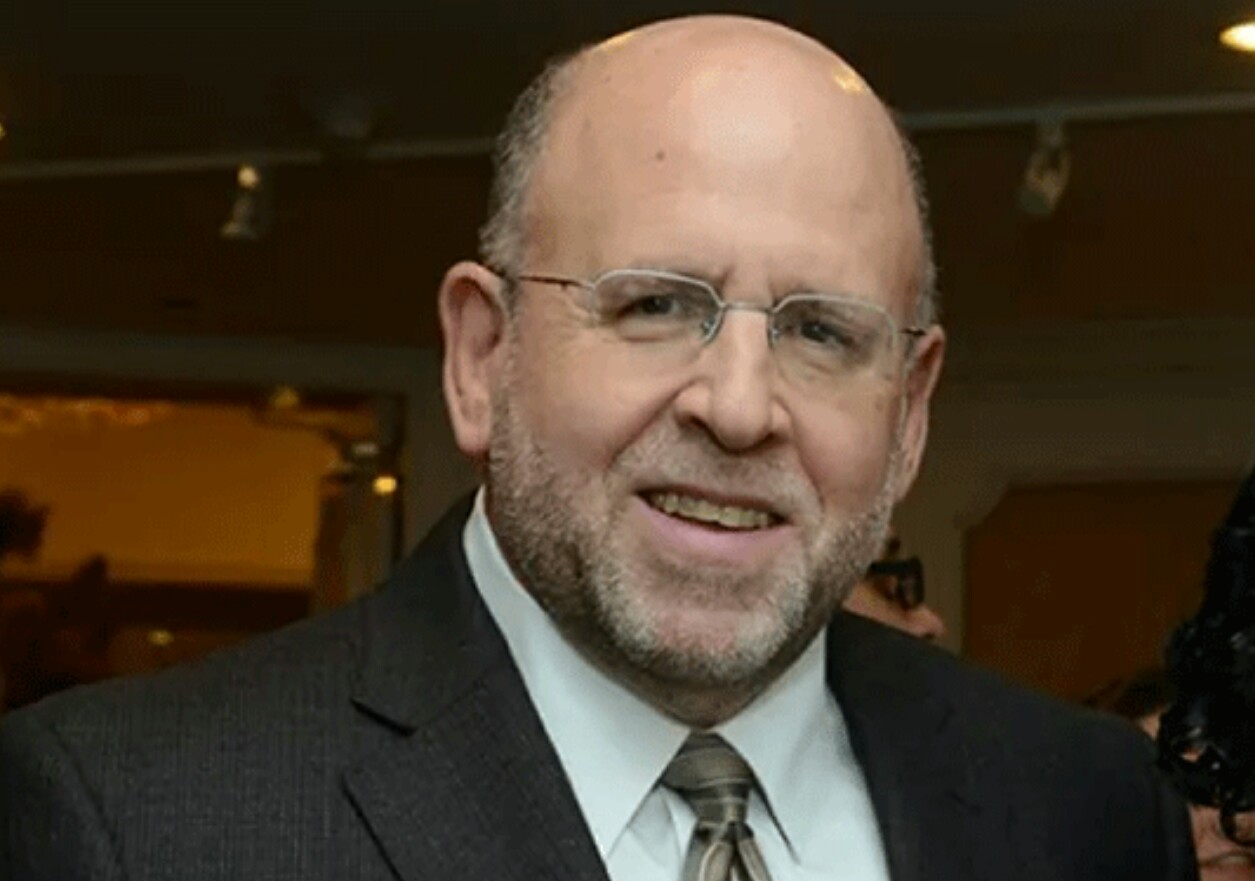By Andy Malekoff
Throughout a long career devoted to helping troubled children and teens, I have been keenly aware of the impact of earth-shattering events on the young people I have come to know.
The violent insurrection at the Capitol Building in Washington, D.C., on Jan. 6 is a case in point. It brought to mind another event that occurred almost 30 years ago to the day.
On the evening of Jan. 16, 1991, at 6 p.m., my boys’ mental health group arrived for their weekly meeting. Sometime soon thereafter and during the course of our meeting, the allied forces in the Persian Gulf started bombing Iraq. I wondered how tuned into these events the boys were. As I recall, there was growing anxiety in conversations picked up almost anywhere one ventured.
Following a brief and impassioned debate about the upcoming football playoffs leading to Super Bowl XXV, the talk shifted to the prospect of war. The Jan. 15 deadline given to Iraqi President Saddam Hussein to leave Kuwait had passed 18 hours earlier. Too young to have experienced the war in Vietnam, yet old enough to know about indiscriminate terrorism, the boys engaged in animated discussion of America’s military capacity.
They strutted their knowledge of the American arsenal of air power much like they might debate a forthcoming sporting event. Cruise missiles and B-52s, Stealth Bombers, F-15s, and Tomahawk Missiles filled the air. Reaching beyond their bravado, I asked them, “Are any of you worried?”
They startled me with the swiftness of their response, a stark contrast to the macho posturing that had preceded it. “I’m afraid we’ll be bombed…We might be hit…I can see World War III…What if there’s a nuclear war?”
Jack, whose father had died two years earlier and who was referred to the group after several violent outbursts in school, was the last to respond. He spoke of the consequences of war in human terms, describing a book he had recently read, “Johnny Got His Gun,” about the impact of war through the experience of a single soldier trapped inside of a severely damaged body.
On the prospect of terrorism, the boys doubted that there would be any real protection. An irate Tommy yelled about the planned layoff of scores of New York City fireman and how two local boys “would have been saved if the local firehouse, a block from my house hadn’t been shut down.” He and the others railed on about “how everything is falling apart.” Tommy’s illustration seemed to highlight their diminishing faith in adults’ ability to protect them.
I pointed to an empty chair and asked: “If a boy about your age walked in here now and sat down, and he was shaking and asking for help to deal with the threat of war, how would you help him?”
Matthew said that they would tell him not to worry because “the bombs could never reach us,” and if they ever got close, “they would be blown out of the sky.” Then there was a pause, and Rick, the most “arsenal savvy” of the group said, “You guys will think I’m a wimp, but I’m scared shitless.”
Rick punctuated his confession by grasping the fingers of both hands behind his neck and then burying his head between his knees. This was a curious sight that reminded me of the air-raid drills known as “duck and cover” that I had participated in as an elementary school student in the 1950s. The other boys silently studied Rick’s transformation from armchair warrior to vulnerable child.
I asked the others if they thought Rick was a “wimp.” Their response was a resounding “No!” and they revealed that they, too, were scared. I told them that they had nothing to be ashamed of, that war is scary and that it took a lot of courage for them to speak openly about how they felt. And, then I tried my best to reassure them that they would be safe. The room fell silent following my attempt at reassurance.
As the meeting ended, the boys bolted out at a few minutes past 7 o’clock. I instinctively flicked on the radio only to hear the president’s press secretary, Marlin Fitzwater, announce, “The liberation of Kuwait has begun.” Moments later one of the boys, Kenny, burst through my door yelling, “They’ve started dropping bombs, they’ve started dropping bombs!”
Kenny’s eyes started to fill up and he said, “My mom’s not here yet, and I’m scared. Can I stay with you until she gets here?” I gestured to Kenny to sit down. We heard an airplane overhead, and the tears began to roll down Kenny’s cheeks. “Every time I hear a plane, I’m afraid it will drop a bomb. You know, I was afraid of the dark when I was younger. I live in the top part of our house, and I’m afraid that the bombs will drop whenever I hear a plane.”
My reassurances were soon interrupted by the buzz of the telephone and the message of the arrival of his mom. Without hesitation Kenny, about half my size, gave me a bear hug and, burying his head into my midsection, said, “Thanks, Andy, I hope to see you next week.” I assured him that he would, and as I escorted him down the winding staircase with my arm around his shoulder, I could feel him trembling. Or was it me?
Andrew Malekoff is a New York State licensed clinical social worker.



